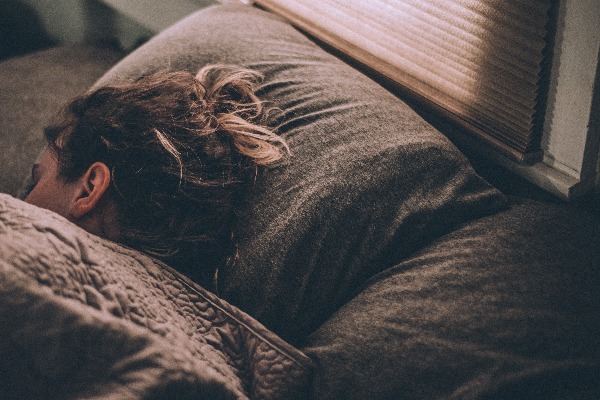
On average, humans sleep 6 until 9 hours a day. This means that we spend approximately one-third of our lives in bed. But how long do we really need to sleep to wake up fit and ready to study? This article answers all your questions about sleep and studying. Spoiler: sleeping is essential if you want to get good study results.
How many hours of sleep
It differs per person how much sleep you need every night. Some people function with seven hours of sleep, others need nine hours. On average, it is recommended to sleep eight hours per day. How much sleep you need to feel good during the day, depends on your age, how active you are and your body in general. You will know if you sleep enough by looking at how you feel during the daytime. If you have to deliver huge achievements mentally and/or physically, your body needs more rest, for example when studying for your exams!
In general, most students use a lot of energy during their exam preparation. Also, while sleeping, you are processing information. In short, if you try to sleep normal or a little bit more, you will be more rested. This means that you have more energy to study and simultaneously, you will give your brain the rest it needs to process the study material.
The impact of age and gender on your sleeping pattern
The younger your body is, the more sleep you need. This is because your body develops and recovers while sleeping. Studies say that if you are 13-24 years old, you need on average 9 hours of sleep. From 25 years on, you already need fewer hours, about the 7,5 hours per night. There is also a difference between men and women when it comes to sleeping. Men tend to sleep better than women, because of hormonal and psychosocial differences. Changing hormone-levels have an impact on sleeping. This means that if you're a woman, you are likely to need more sleep. Still, this depends per person.
Do you want to sleep better? Keep these things in mind:
- Don’t drink alcohol before going to sleep. Alcohol makes you sleep less well.
- An intensive workout just before going to bed is often not such a good idea: your body is too warm and active to go to rest.
- It’s most effective to create a rhythm. For instance, go to sleep every night at 23:00 and wake up at 07:00 in the morning. Your body will get used to this and you will feel more rested throughout the day.
- Haven’t slept enough? A power nap can help in the afternoon but will cause you to sleep worse in the evening. It’s better to skip the power nap and go to bed earlier at night.
- Really can’t get to sleep? Don’t stay in your bed, but do something else for 15 minutes and try to sleep again afterward.
